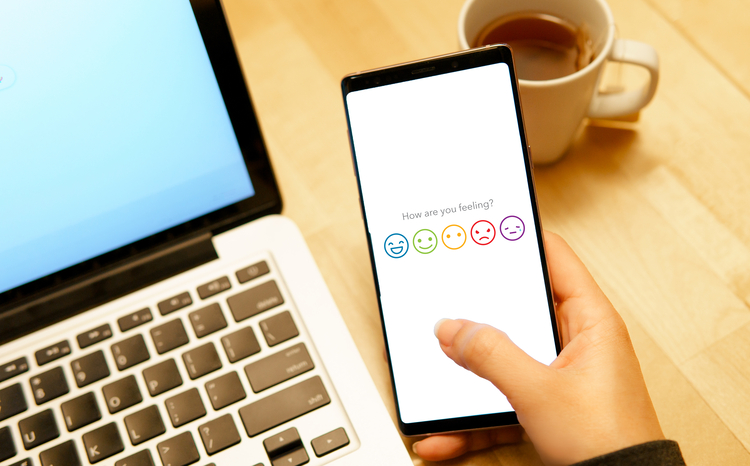The importance of human touch in Wes Streeting’s digital NHS
- 9 July 2025

As the NHS shifts to digital we must continue to make space for human connection, writes Dr Karen Marshall, nurse consultant at Newcastle upon Tyne Hospitals NHS Foundation Trust
I think we can all now recite Wes Streeting’s three strategic shifts, from hospital to community, from analogue to digital and from treatment to prevention.
While the NHS 10 year health plan should help address some of the questions about how it’s delivered, most will agree that the shifts will be essential to tackling rising demand, an ageing population, and the growing burden of chronic disease. They’re not just tweaks – they’re a full reimagining of how healthcare is delivered.
As I thought about these reforms, I reflected on my time in the NHS and how it has changed.
I began my nursing career in 1982, when care was truly hands-on. We didn’t talk about “patient-centred care” because it was simply how we worked.
We knew our patients. We bathed them, listened to their stories, and supported them as people, not just as cases or symptoms.
Over the years, the NHS has evolved. Policy reforms, new technologies and rising demand have reshaped services.
As I specialised in respiratory medicine, I chose to stay close to patients, even as systems changed around me. This was a deliberate decision. I believe nursing makes the greatest difference when it’s grounded in relationships.
Alongside my clinical work, I completed a BSc, MSc and an NIHR-funded PhD fellowship. I contributed to national guidelines, took part in policy discussions, and led research to improve care. But I never left the frontline. And it was these experiences that changed how I saw recovery.
Patients spoke about breathlessness and pain, but also about fear, identity and loss. I realised how closely psychological wellbeing is tied to physical health – and how important it is to support both.
The value of digital CBT
This understanding led me to train in cognitive behavioural therapy (CBT). It gave me new tools to help people reflect on their experiences and make meaningful change. But the principles at the heart of CBT still reflect the best of nursing: empathy, trust and connection.
Like much of modern healthcare, CBT is now increasingly delivered digitally. Digital CBT, or dCBT, gives people online access to structured therapeutic support they might otherwise wait months to receive.
For conditions like insomnia, digital CBTi has become a key part of NHS provision. It is efficient, scalable, and clinically proven.
The shift to digital brings clear benefits. But it also raises an important question: who is the therapist in digital CBT? And does it matter?
Why people make the difference
These questions were at the heart of a recent peer-reviewed paper I co-authored, looking at the role of human support in digital CBT. And the evidence is clear – while digital content can be effective, outcomes are better when people feel supported by someone who is really paying attention.
A therapist or coach can explain the technique, yes. But more than that, they can reassure. They can say, “This is hard, and you are not doing it wrong.” They can spot when someone is struggling, adjust the plan, and offer encouragement at the moments it really matters.
It’s not just about motivation. It is about trust – knowing that someone is keeping an eye on your progress, that they care whether you succeed, can be the key factors that help keep people going. For many, it’s the turning point.
Best of both worlds
Some services now offer the best of both worlds: digital structure with human support. These hybrid models show that we don’t have to choose between scale and empathy. We can have both.
As the NHS faces intense pressure, and the government accelerates the shift from analogue to digital and hospital to neighbourhood, we must not lose sight of what makes care effective.
It is tempting to assume that scalable means automated, or that we can remove human contact without consequence. But we must ask: what do we lose when we do?
This is not about resisting technology. It is about designing services that work. Digital care can be transformative, but we need to be thoughtful about how it is introduced and where human support is essential to success.
Technology will continue to change how care is delivered. That is both inevitable and welcome. However, we must not let it squeeze out the very thing that makes recovery possible: human connection.
As we build the future of NHS care, I hope we preserve space for that connection. Not just clicks.





